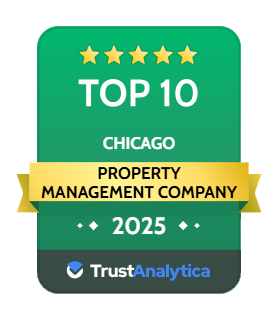Quick Take: Key Points for Landlords
Illinois still bans rent control in 2025, but tenant groups are pushing to change that.
Proposed laws include rent increase caps, notice requirements, and fee restrictions.
Chicago’s RLTO and Fair Notice Ordinance already impose strong protections.
Landlords should review leases, stay informed, and plan for possible rule changes.
Rent Control Is Back in the Spotlight
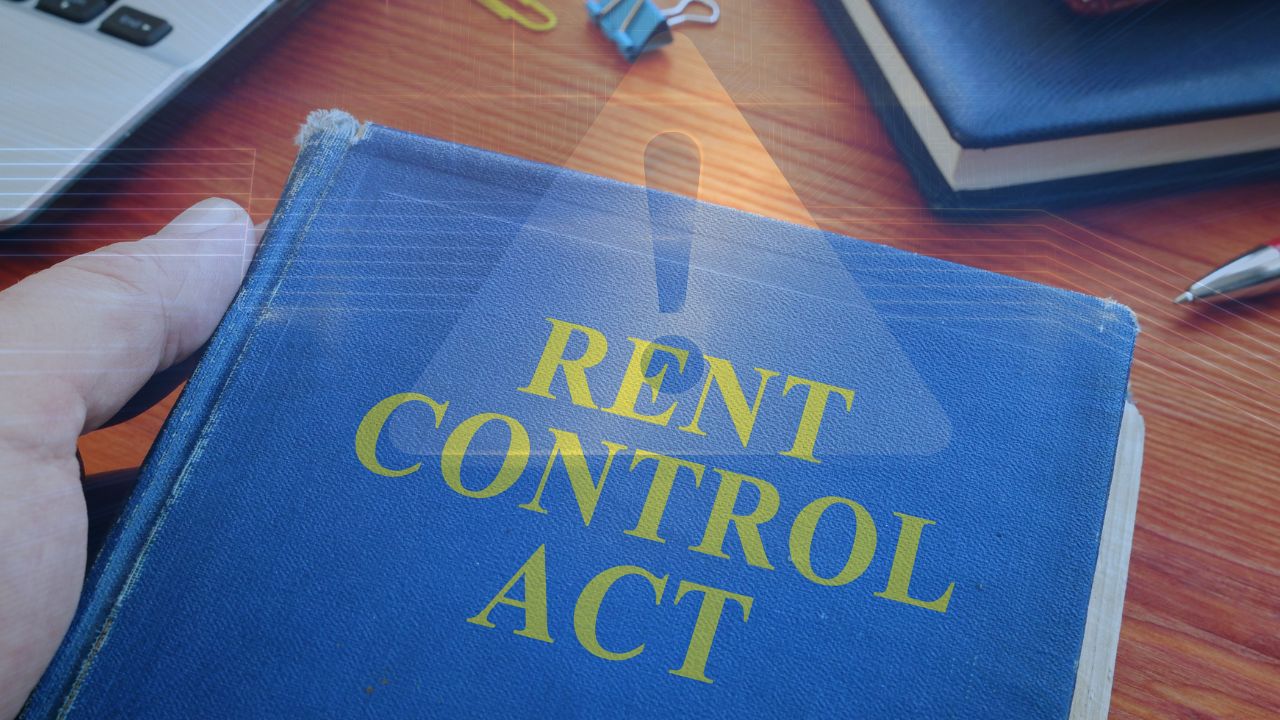 Rent control is back in the spotlight in Chicago, and if you’re a small portfolio investor or independent landlord, it’s time to pay close attention.
Rent control is back in the spotlight in Chicago, and if you’re a small portfolio investor or independent landlord, it’s time to pay close attention.
While rent control remains illegal statewide under the Illinois Rent Control Preemption Act of 1997, tenant advocacy groups have renewed efforts in 2025 to repeal that ban. This push has gained momentum due to rising housing costs and mounting affordability concerns.
So what’s actually being discussed, and what could it mean for your rental business?
Let’s take a look at the current status, proposed ideas, and how to prepare.
Why Rent Control Is Back on the Table in 2025

Illinois law currently prohibits any local municipality from enacting rent control. However, growing housing affordability challenges have kept the issue alive.
Tenant advocacy groups, including the Lift the Ban Coalition, have been actively lobbying to repeal the statewide rent control ban. Although recent legislative proposals have sparked public discussion, none have successfully passed as of May 2025.
The driving forces behind this renewed push include:
Rent increases that continue to outpace income growth
Limited rental inventory, especially in desirable neighborhoods
Displacement of long-term tenants and impacts on marginalized communities
According to WBEZ Chicago, affordability remains one of the top concerns for renters citywide. Zillow research also shows that lower-income renters are disproportionately affected by rent burdens and housing instability.
What’s Being Proposed: Key Rent Control Ideas in Circulation

While there is no finalized legislation at this time, several tenant-rights bills have been introduced in recent years. These have included proposed caps on rent increases and additional renter protections.
One such bill, the proposed Tenant Protection Act, aimed to:
Cap annual rent increases at 5% or the rate of inflation, whichever is lower
Limit excessive late fees and restrict certain pass-through charges
Require longer notice periods for rent increases or lease changes
Although this bill did not pass, it provides a strong indicator of the types of regulations tenant advocates continue to push for.
If any future laws are passed, they could introduce:
Rent increase caps (e.g., 3% to 5% annually)
Stricter rules on fees and deposits (e.g., late fee caps, banning of move in fees, etc)
Written notice requirements of 60+ days for lease changes
These ideas remain under discussion, and no bill has yet cleared the Illinois General Assembly.
How Potential Changes Could Affect Chicago Investors

Even though rent control is not law today, small landlords should understand the potential impacts if tenant advocates succeed in lifting the ban or pushing local reform:
Tighter profit margins: Caps could limit your ability to offset rising taxes, insurance, or maintenance costs.
Administrative complexity: New compliance requirements could increase the need for formal documentation and legal review.
Legal exposure: Missteps in lease language, rent increases, or tenant notices could result in fines or legal disputes.
Some proposals in the past have included exemptions for small landlords (e.g., owner-occupied two-flats, co-ops, or family-rented units), but those details remain hypothetical for now.
Want to stay ahead of Chicago’s rental regulations?
Explore our full-service property management solutions here.
A Closer Look at Current Rules: RLTO and the Fair Notice Ordinance

Chicago’s Residential Landlord and Tenant Ordinance (RLTO) already provides robust tenant protections. For example:
Tenants can withhold rent if repairs aren't completed in a reasonable time
Landlords must return security deposits promptly and with proper documentation
In addition, the Fair Notice Ordinance requires advance notice for rent increases:
30 days for tenants in place under 6 months
60 days for tenants in place 6 months to 3 years
120 days for tenants in place more than 3 years
These rules are currently in effect and will continue to apply regardless of the rent control debate outcome.
For details, visit the Chicago.gov RLTO page.
What Today’s Tenants Expect (And How Landlords Can Stay Competitive)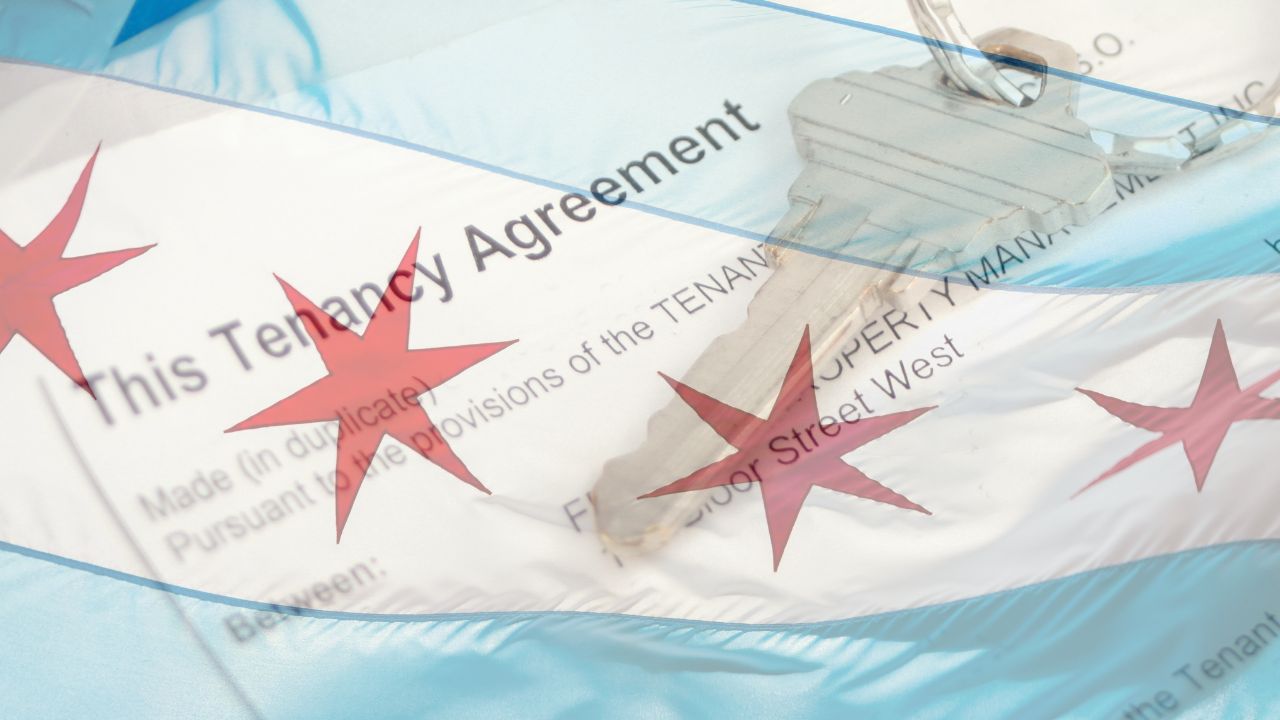
Whether rent control becomes law or not, tenant expectations are evolving. Younger renters, in particular, prioritize transparency, stability, and fairness.
Top tenant priorities in 2025 include:
Predictable rent increases
Simple, clearly written lease agreements
Transparent fees and flexible payment options
Legal clarity and strong communication
Proactively aligning your lease language and communication practices with these expectations can set you apart, especially in competitive rental markets.
How to Prepare for Possible Changes
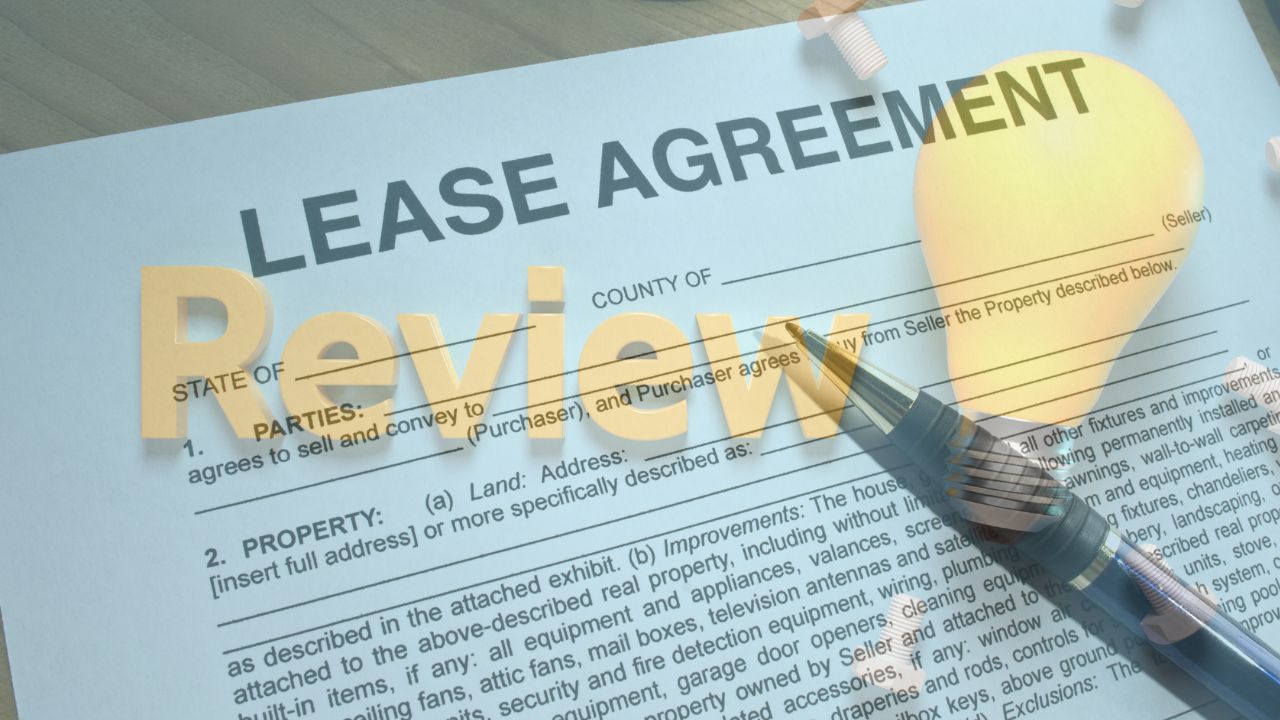
While rent control remains speculative, smart landlords can take steps now to strengthen their businesses:
Review your leases for compliance with existing ordinances and potential changes
Keep tenants informed of any updates to rent, policies, or responsibilities
Attend local housing forums or city council meetings
Consider legal reviews of your leases and systems
Plan for financial flexibility in case of future regulatory changes
Need help planning for compliance and growth?
Contact Landmark Property Management today!
What Could This Mean for Chicago's Rental Market?

If rent control legislation ever passes, expect ripple effects throughout the city:
Fewer new investment properties in rent-restricted areas
Higher tenant demand in buildings with rent stability
Greater importance on compliance and clear documentation
While large institutional landlords may have the resources to adapt quickly, smaller portfolio investors could feel the pinch more acutely without the right support.
Navigating the Rent Control Conversation with Confidence
Looking for expert property management in Chicago?
Get a FREE rental analysis and see how Landmark can help you stay compliant, competitive, and cash-flow positive — even as laws evolve.
Reach out today to protect your portfolio.

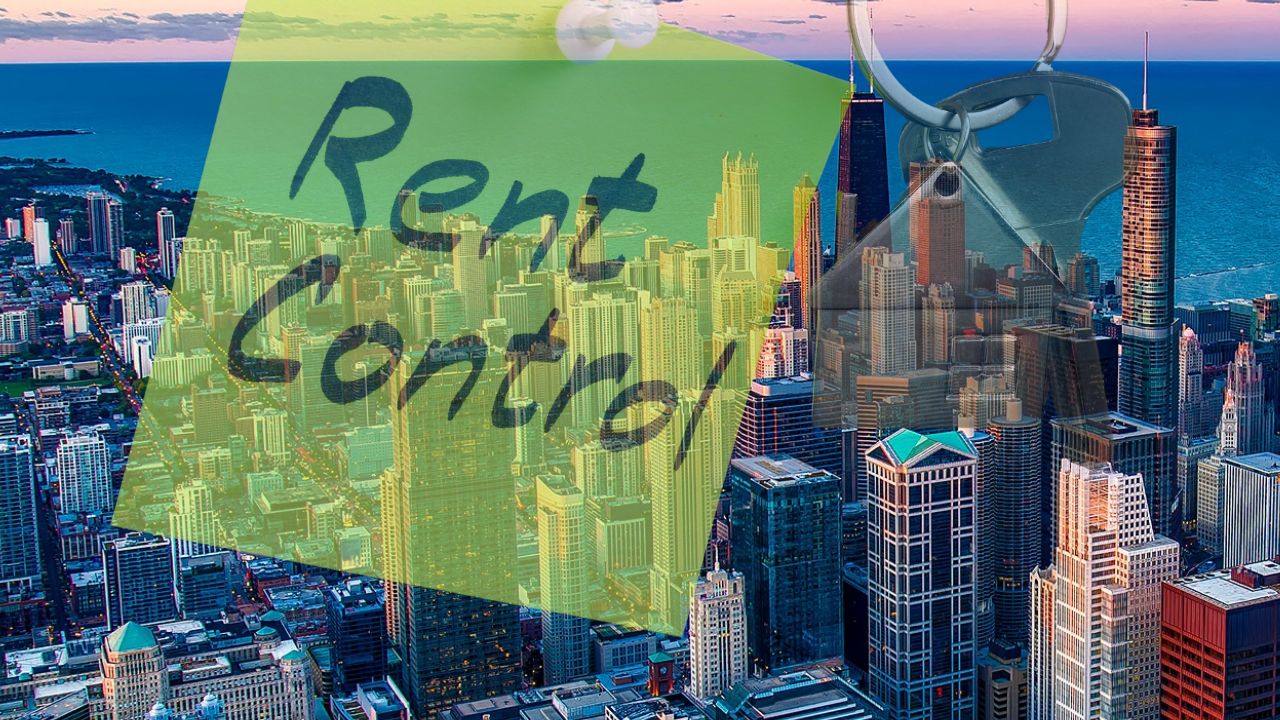




.png)


